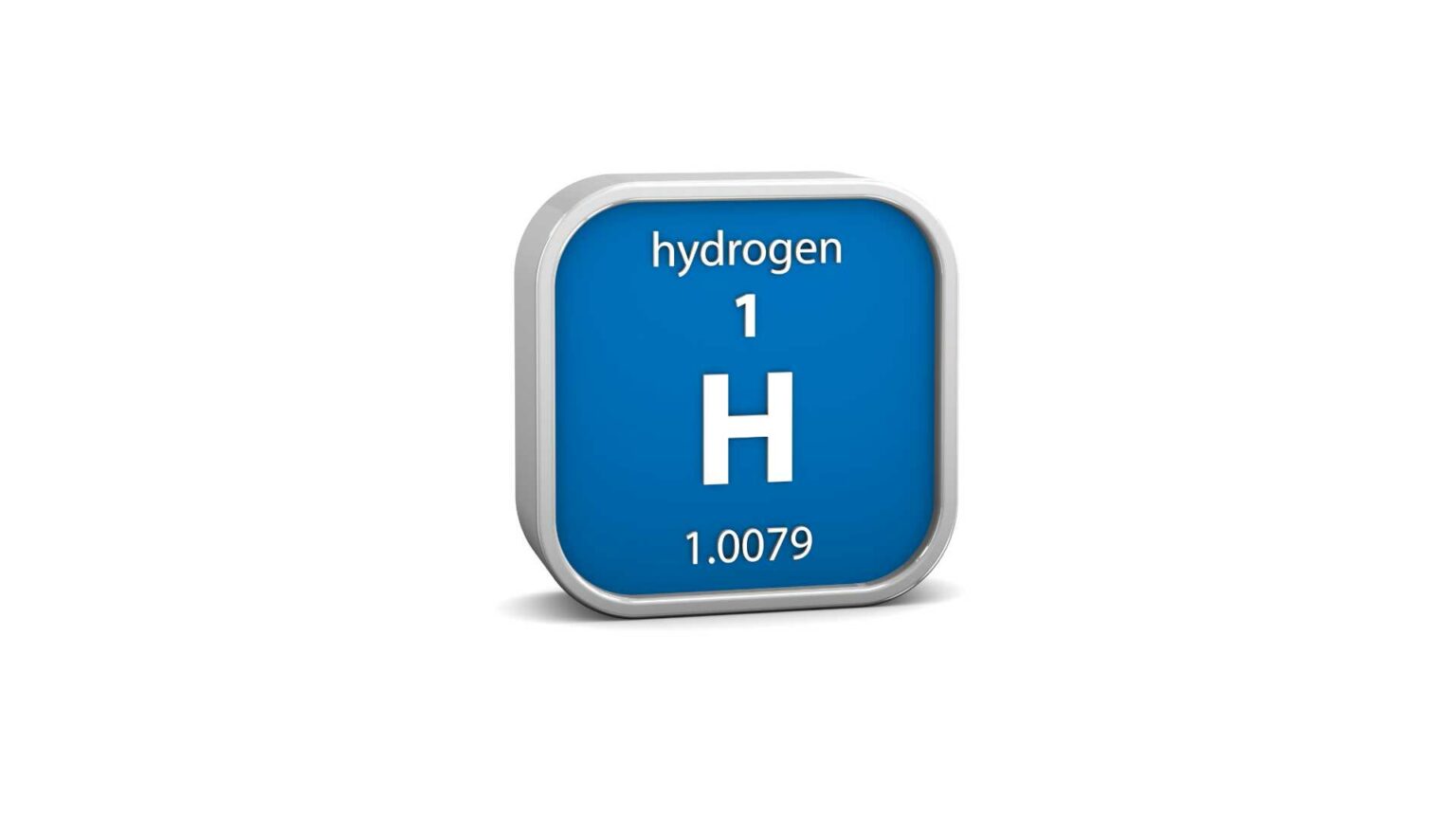In the quest to green Europe’s energy supply and accelerate the transition to cleaner energy sources, the European Union’s “Projects of Common Interest” (PCI) draft list has sparked controversy. Environmental campaigners have criticized the list, claiming it serves as a “wish list” for oil and gas companies rather than advancing true sustainability.
This list, comprising 149 projects earmarked for prioritization and access to substantial funding, will be debated by European Commission officials and EU member states.
Notably, nearly half of the projects on the list focus on seemingly low-emission hydrogen energy. While hydrogen is a promising clean energy carrier, campaigners argue that many of the projects risk maintaining existing fossil fuel pipelines rather than advancing a genuinely sustainable energy transition.
Frida Kieninger, director of EU affairs at Food & Water Action Europe, expressed concern about the selection, characterizing it as a “wish list coming true” for the fossil fuel industry. Kieninger highlighted that the infrastructure designed for transporting gas might not necessarily be suitable for hydrogen.
Dominic Eagleton, senior campaigner at Global Witness, echoed these sentiments, suggesting that subsidies could inadvertently support “rich fossil fuel companies to maintain polluting gas infrastructure.”
The PCI list, seen by the Financial Times, awaits approval from the European Commission, which is expected to make a final decision in November. New projects are selected for PCI status every two years, granting them access to a significant €5.4 billion in EU funds. These projects are deemed critical to the EU’s energy security and decarbonization objectives.
Hydrogen, particularly “green” hydrogen produced through renewable energy-powered electrolysis, is central to decarbonizing energy-intensive sectors like chemical and steel production. Nevertheless, its adoption faces skepticism from some environmentalists who argue that it may inefficiently transfer energy and offer gas companies an opportunity to continue fossil fuel production under the guise of future hydrogen use.
Ghassan Wakim, production and export director for zero-carbon fuels at the Clean Air Task Force, emphasized that claims about making gas pipelines “hydrogen-ready” remain unproven. Different materials and compressor configurations are required for hydrogen transport compared to natural gas.
Minh Khoi Le, head of hydrogen research at Rystad Energy, contended that building hydrogen pipelines from scratch would be time-consuming and significantly more expensive than refurbishing existing infrastructure.
The European Network of Transmission System Operators for Gas, involved in selecting the projects, argued that the choices align with EU hydrogen targets and promote cross-border energy flows. However, the European Commission declined to comment on the PCI list.
This selection follows the 2022 revision of PCI criteria to prioritize projects contributing to the EU’s energy and climate goals, particularly integrating renewable energy sources. Maroš Šefčovič, the EU’s Green Deal climate law chief, announced that the EU’s first €800 million subsidy auction for hydrogen producers would take place in November, affecting infrastructure adjustments and hydrogen production directions.
While the PCI list’s controversy underscores the challenges of aligning interests for a sustainable energy transition, it also highlights the complexities of balancing green ambitions with existing energy infrastructures.
